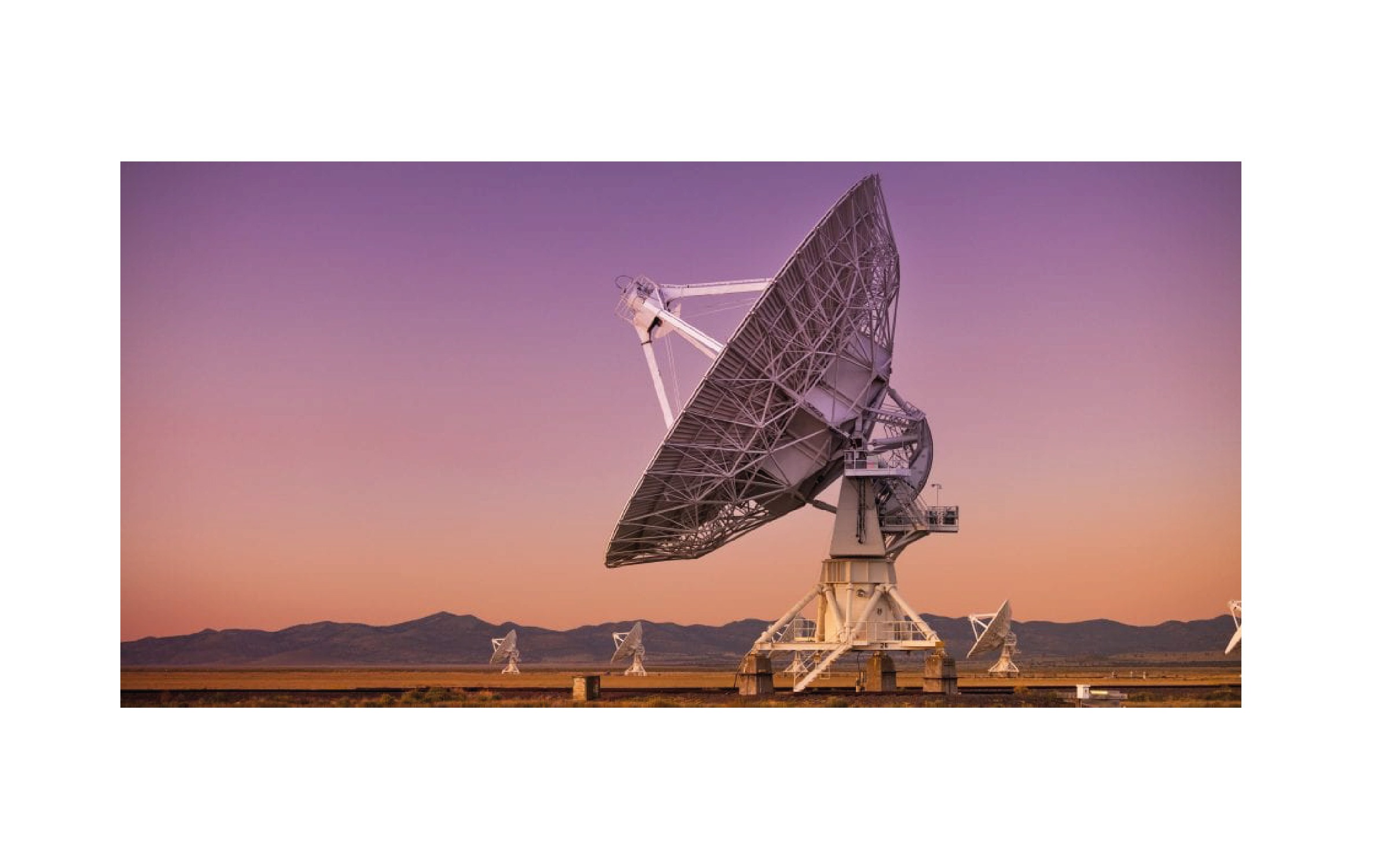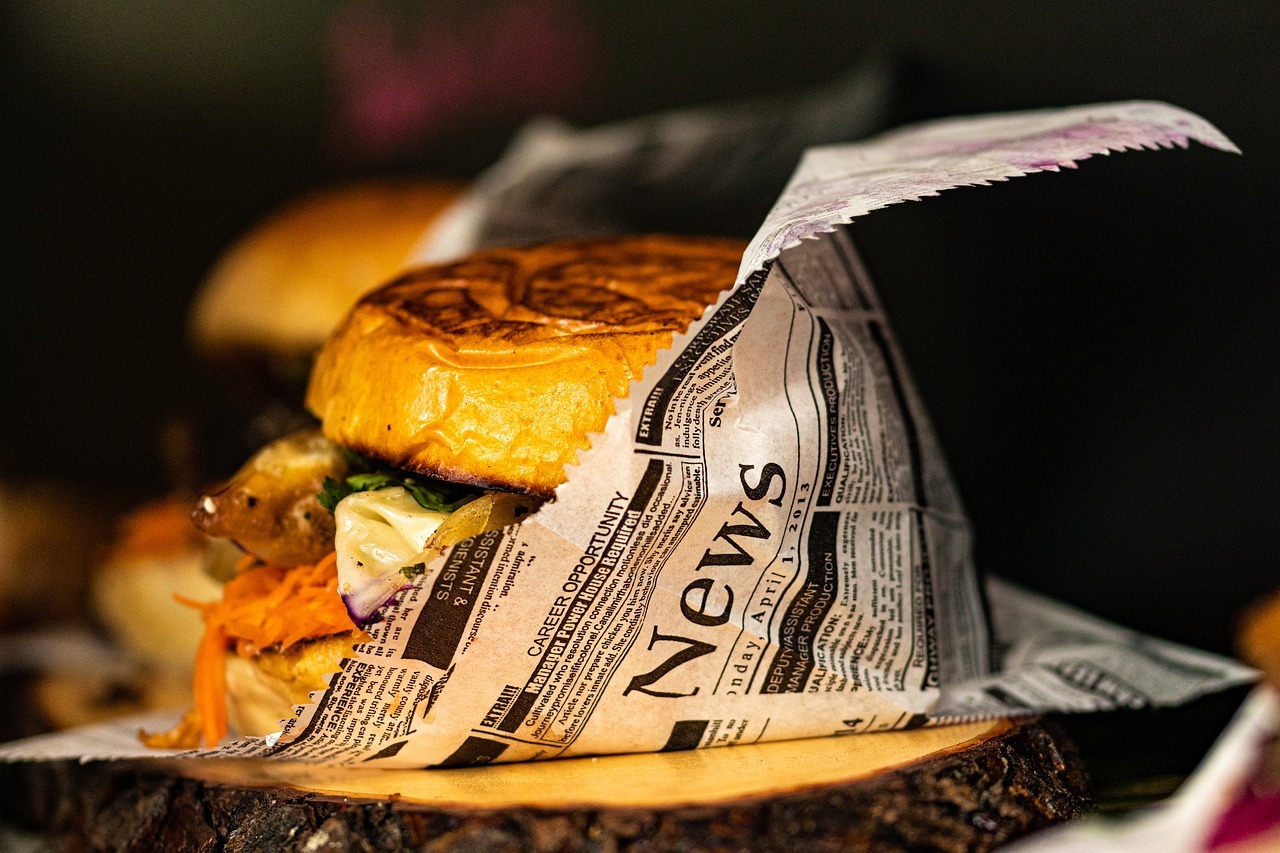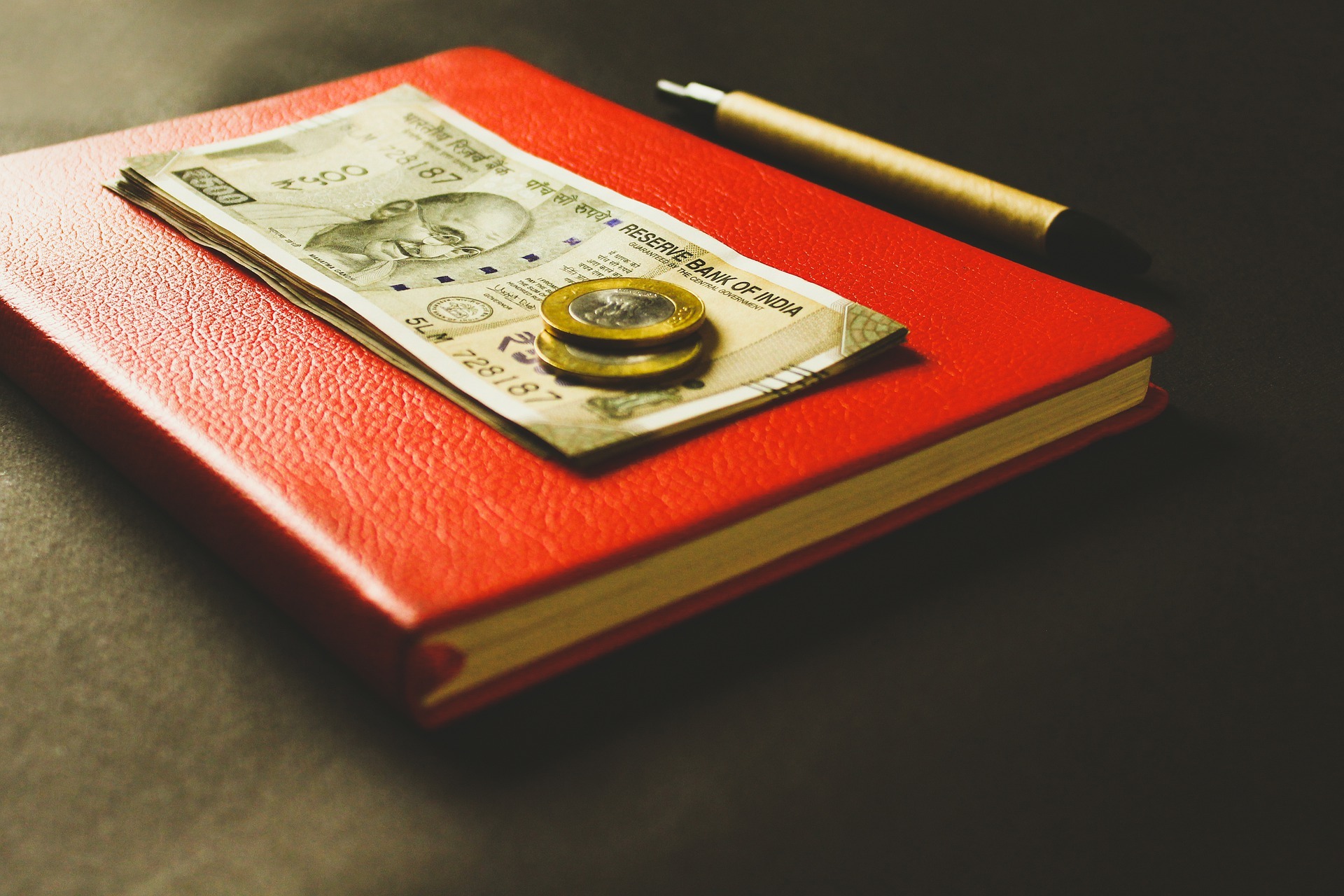The copyright office has sought stakeholder inputs on making amendments to India’s copyright law. In this blogpost we look at some of the areas in which the law could potentially be amended.
At the end of October 2020, the Registrar of Copyrights[1] sought inputs[2] from businesses on whether they think India’s copyright law requires any changes, and what changes they would like to see if such an exercise is carried out. This is the first major step towards amending the Copyright Act, 1957 since the last round of amendments in 2012. This is a significant move as it appears to be targeted at bringing the copyright law up to date with newer internet enabled business models. In this blogpost we look at some of the areas in which the law could potentially be amended.
Statutory licensing for internet streaming services
Statutory licensing for internet streaming services has been an area of significant debate in recent times. Traditionally, TV and radio “broadcasting organisations” could use the statutory licensing framework under Section 31D of the Copyright Act to get licenses for the music they would broadcast at a royalty rate decided by the government[3].
Music streaming platforms such as Spotify, Gaana, Apple Music and others, challenged the traditional understanding of “broadcasting organisations” who are entitled to procure these statutory licenses. The Commerce Ministry even issued a memorandum[4] stating that online content providers would fall within the definition of “broadcasting organisations”. However, the Bombay High Court, in the Tips Industries Ltd. v. Wynk Music Ltd.[5] Case, held that only TV and radio firms were entitled to statutory licenses. As a result, no online streaming services have been able to make use of this licensing route. The court’s decision has put online music streaming platforms on the backfoot in their license negotiations with music labels.[6] Therefore, we could see streaming companies ask for amendments that would allow them to take the statutory license route as well.
Online news media
Online news aggregators as well as social media platforms have disrupted the way most people consume news. News publishers have argued that this disruption is causing them massive revenue losses and that they do not have control over how their content is displayed or how excerpts of their articles are used by such platforms.[7]
Some publishers, especially in EU and Australia,[8] have sought recourse under copyright law to extract royalties and attribution from online platforms. These demands culminated in changes to the EU Copyright Directive[9] which entitles publishers, among other things, to negotiate revenue streams with online platforms. In India, we have seen that the recently published ethics code[10] of the Digital News Publishers Association echoes this need to assert copyright over their works published online. Therefore, we may see this conversation around revenue sharing between platforms and news publishers come to India as the discussion around amending the copyright law evolves.
Digital gaming
The gaming industry is in a peculiar space because two distinct aspects of games have copyright protection: (a) the game software code, and (b) the audio-visual elements such as music, sound, images etc. While these elements work in tandem in gameplay, they enjoy separate copyright protection. Therefore, it is worth considering whether ‘digital games’ should form a separate category so that they enjoy clear copyright protection, and producers do not have to rely on provisions designed for completely different kinds of works to protect them. The WIPO has already recognized ‘video games’ as potentially a separate category for copyright protection.[11]
Further, gamers who stream themselves playing games are finding it difficult to navigate their relationship with copyrighted content, as they depend on using the underlying IP owned by gaming companies in order to gain viewership. Gamers who livestream on YouTube often have to fight off[12] copyright “strikes”. We could see a call to amend the Copyright Act to recognize the rights of game streamers to not only protect their unique “works” but also to protect them from “unfair” game licensing terms.
AI-generated works
In recent times, we have seen various forms of AI-generated works being released. While most have an element of human intervention or editorial oversight, we have also seen news organisations and music producers rely more and more on AI systems. Currently, the Copyright Act only provides copyright protection to humans, and AI systems are not recognized as persons eligible to receive protection. Specifically, computer-generated works are attributed to “the person who causes the work to be created”.[13] We may see calls to update the law to extend protection to works created by AI with no human intervention.
Intermediary liability
Section 79 of the Information Technology Act, 2000 (“IT Act”), intermediaries are provided safe harbour for copyright violations that are committed by their users, if they observe necessary due diligence requirements.[14] Section 52 of the Copyright Act has a similar provision where intermediaries are not responsible for “transient storage” unless they are aware or have reasonable grounds for believing that violations are taking place. With the proposed amendments to the Intermediary Guidelines demanding proactive involvement of intermediaries in dealing with content on their platform,[15] there will be a greater need to ensure that provisions of the Copyright Act and the IT Act are alinged.
Decriminalization of offences
The Government has been considering decriminalization of certain criminal provisions that it believes inhibit investment into the country. This process began last year, when various criminal offence provisions of the Companies Act, 2013 were converted into civil offences.[16]
This trend may also be observed in the copyright context with the DPIIT recommending[17] that certain criminal offences be converted into civil violations. However, since India is a party to international agreements[18], it will have to honour its commitment of having criminal procedures in place against commercial scale copyright piracy.[19] Some industry associations have also conveyed to the Government that the move to decriminalize copyright infringement may be contrary to “ease of doing business” objectives.[20]
It is, however, possible that certain provisions pertaining to digital rights management[21] and the circumvention of technical protection measures[22] could be scrutinized to convert those criminal provisions into ones that impose civil penalties.
Conclusion
This consultation process is a huge opportunity for the industry to shape regulations that affect their operations in a large way. Although inputs have currently been sought from select industry stakeholders, this is an opportunity for all stakeholders to send in their suggestions to improve the copyright ecosystem. It is important that businesses share their opinions on the course that the law should take in order to bring attention to concerns that affect the industry at large. It’s still early days in the amendment process and this blog is an attempt at providing a brief overview of some of the aspects that may come to light as the discussion on amending the Copyright Act evolves.
This post has been authored by Osho Chhel, a consultant working with Ikigai Law, with inputs from Aman Taneja, Senior Associate at Ikigai Law.
Image from here.
For more on topic, please get in touch at contact@ikigailaw.com
[1] The Registrar of Copyright functions under the Department for Promotion of Industry and Internal Trade (“DPIIT”) of the Ministry of Commerce
[2] See https://www.medianama.com/2020/10/223-copyright-act-amendment-consultation/
[3] Intellectual Property Appellate Board.
[4]https://dipp.gov.in/sites/default/files/OM_CopyrightAct_05September2016.pdf
[5] https://indiankanoon.org/doc/129995201/
[6] https://www.bloombergquint.com/law-and-policy/free-music-streaming-tips-vs-airtel-wynking-at-the-copyright-act
[7] https://theconversation.com/attention-economy-facebook-delivers-traffic-but-no-money-for-news-media-105725
[8] https://www.deccanchronicle.com/technology/in-other-news/150620/facebook-like-google-wont-share-revenue-with-australian-media-it-ma.html
[9] https://eur-lex.europa.eu/eli/dir/2019/790/oj
[10] https://www.medianama.com/2020/10/223-dnpa-code-ethics/
[11]https://www.wipo.int/export/sites/www/copyright/en/activities/pdf/comparative_analysis_on_video_games.pdf
[12] https://www.jdsupra.com/legalnews/youtube-s-copyright-policy-pitfalls-23119/
[13] See definition of “author” under Section 2(d), Copyright Act, 1957.
[14] As stipulated in the Information Technology (Intermediary Guidelines) Rules, 2011.
[15] See Draft Information Technology (Intermediary Guidelines) Rules, 2018
[16] https://www.icsi.edu/media/webmodules/Highlights_of_the_Companies_(Amendment)_Act,_2019.pdf
[17] https://timesofindia.indiatimes.com/india/govt-moves-to-decriminalise-minor-offences-to-woo-investors/articleshow/76331374.cms
[18] Such as the TRIPS Agreement.
[19] Article 61, Trade-Related Aspects of Intellectual Property Rights Agreement, 1995.
[20] http://ficci.in/SEDocument/20518/DecriminalisationofCopyrightActProvisions.pdf
[21] Section 65B, Copyright Act, 1957.
[22] Section 65A, Copyright Act, 1957.









